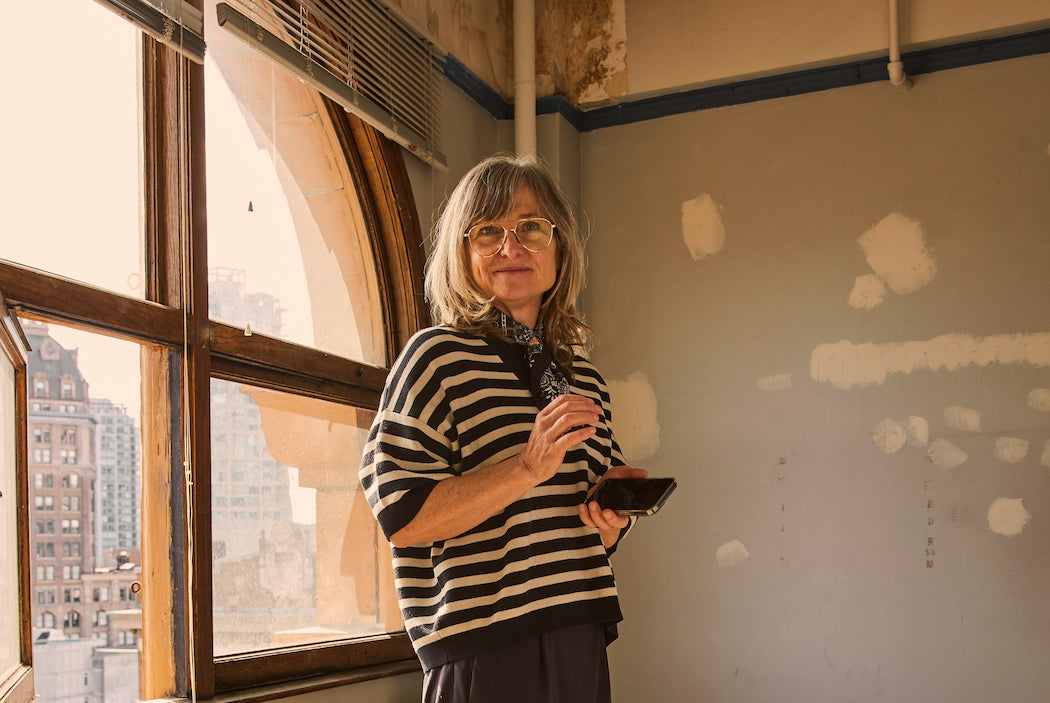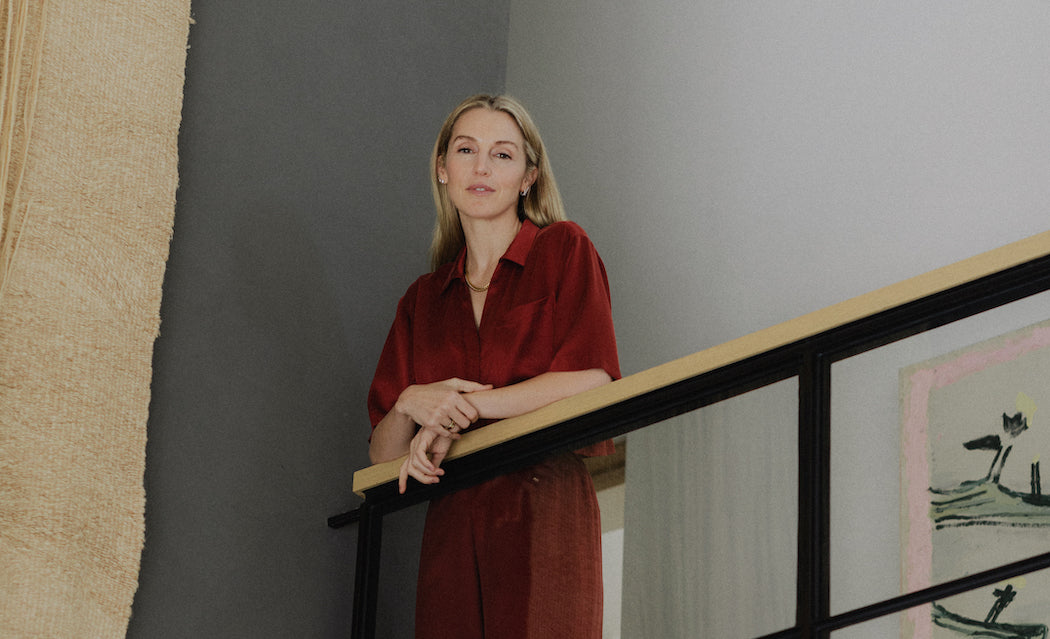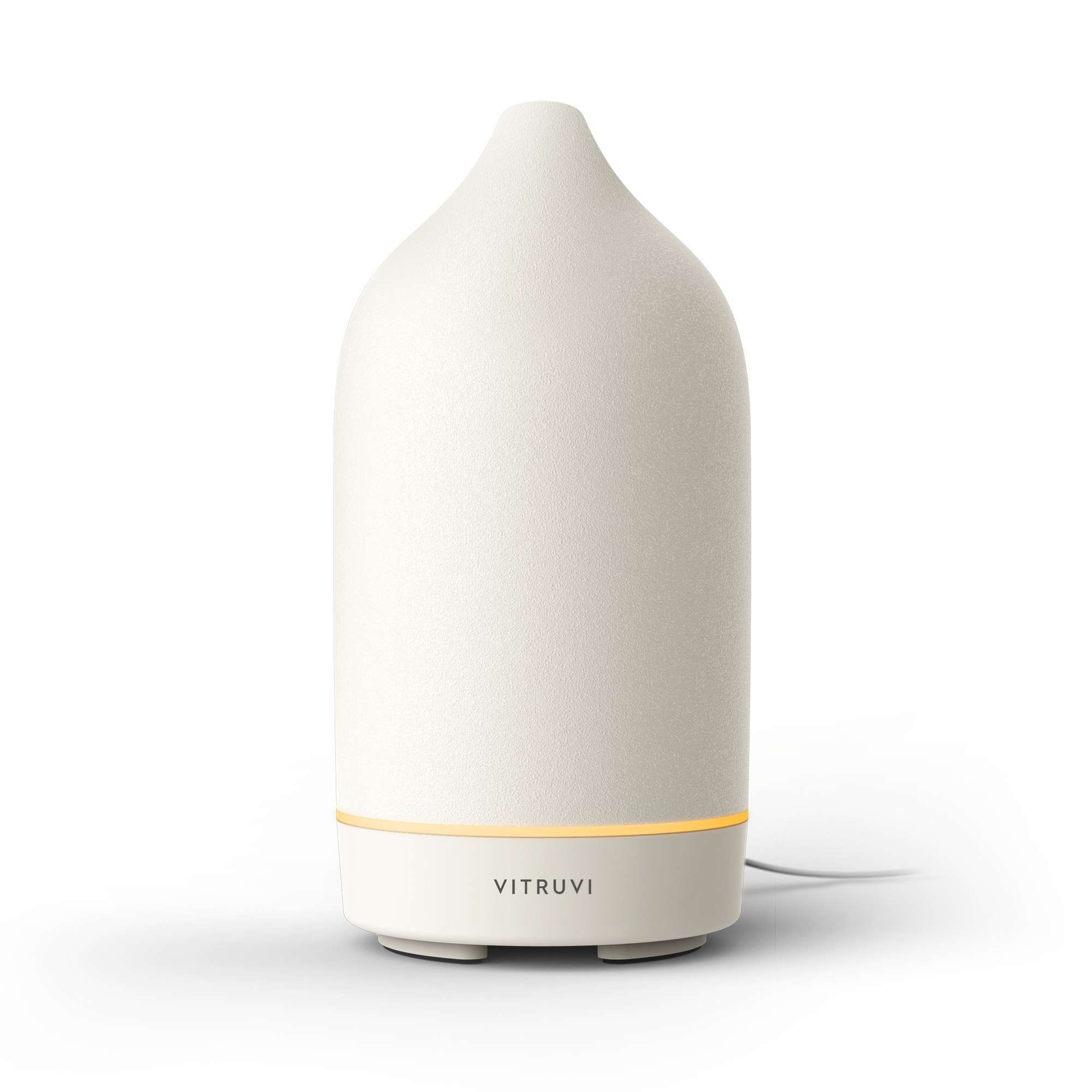As you dive into 2019 with a stack of intangible resolutions, consider whether or not the pressure is having a positive impact on you. Does a rigid goal of never eating pizza again or making it to the gym seven days a week produce the results you envisioned? In my experience, expectations can be more limiting than they are motivating. A few years ago I decided to shift my expectations to goals that are infused with intention, and have quickly recognized how both my approach to creating goals, and the outcomes of those goals, have changed. Not only has intention-setting impacted my perspective, it has also helped me tackle my goals in a more realistic and achievable way.
Expectations, goals, and intentions are confused as being interchangeable, while in reality they have very different outcomes. Expectations help us identify a desired future result, but can be seeped in judgment and “should” language. The issue with expectations is that they are often rooted in trying to fix something inherently “wrong” with yourself, your life, or your circumstances. Expectations can have a negative impact on your perspective, especially when they are not met. Goals can create a powerful roadmap, and setting daily intentions helps with the smaller, more tangible steps to reach the finish line.
I operate best under pressure and work well with a deadline made up of attainable and realistic goals (though always referring to my BHAGs—big, hairy, audacious goals—as creatives always do). Trying to meet expectations that are too future-based and are established with assumptions or beliefs about what I should achieve can interfere with the creative process.
Setting an intention is like creating a temporary mental note with the aspiration of improving your own or somebody else’s life. Practicing intention-setting brings more clarity to each moment and supports you in connecting your values to both your everyday life and your future goals. Considering how you intend to feel, think, and even approach a situation is much more positive than wishing something was different, which is often the motivation for creating unrealistic expectations.
I started incorporating intention-setting into my daily routine a few years ago. Before bed I give myself a few minutes to let my mind run wild and decompress from the busy day. Once I feel like I’ve downloaded all my racing thoughts, I consider where there is opportunity. I try hard not to approach it with “what in my life can be better, or needs improving”—I’ve eliminated words like “resolution” and “expectation.” Think of it like taking an eraser to any negative energy in your head.
Maybe I see an opportunity to work through a challenging project before the weekend. I may consider setting an intention like, “Tomorrow I intend to create mental space for concepting this proposal.” By reminding yourself of your intention throughout the day, you’re subconsciously opening yourself up to new ideas and new perspectives.
The most important thing I’ve learned throughout this process is that lessons are everywhere, and it is important to slow down and focus on the experience and the process rather than just the final result. One of my constant intentions last year was to try to view problems as opportunities—opportunities to be more assertive, patient, educated, stronger, or even vulnerable. This simple switch in perspective can provide you with so much power. Approaching your struggles as opportunities for personal growth makes addressing them more achievable, and also builds tenacity and resilience. And we can always use more of that.












